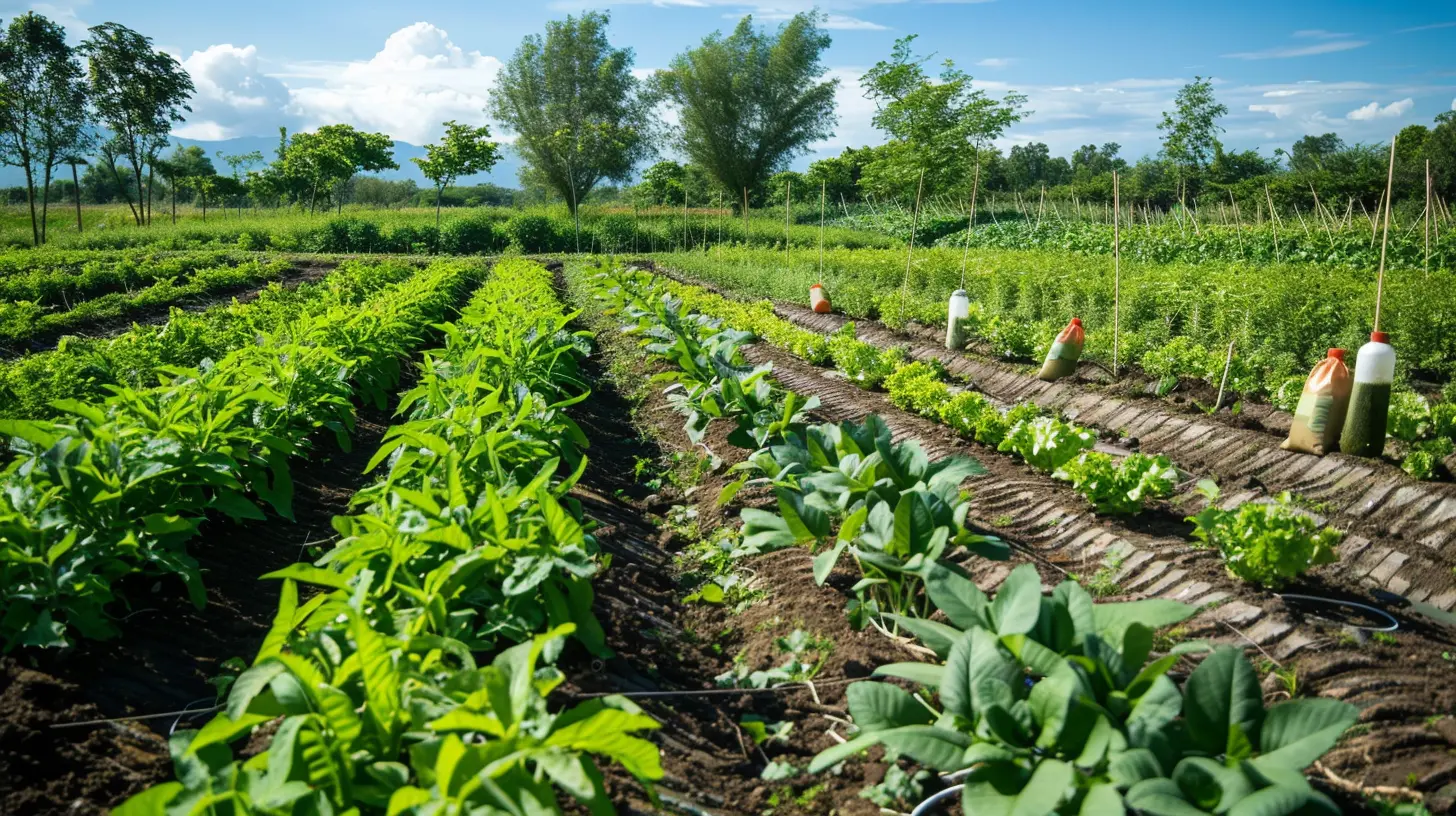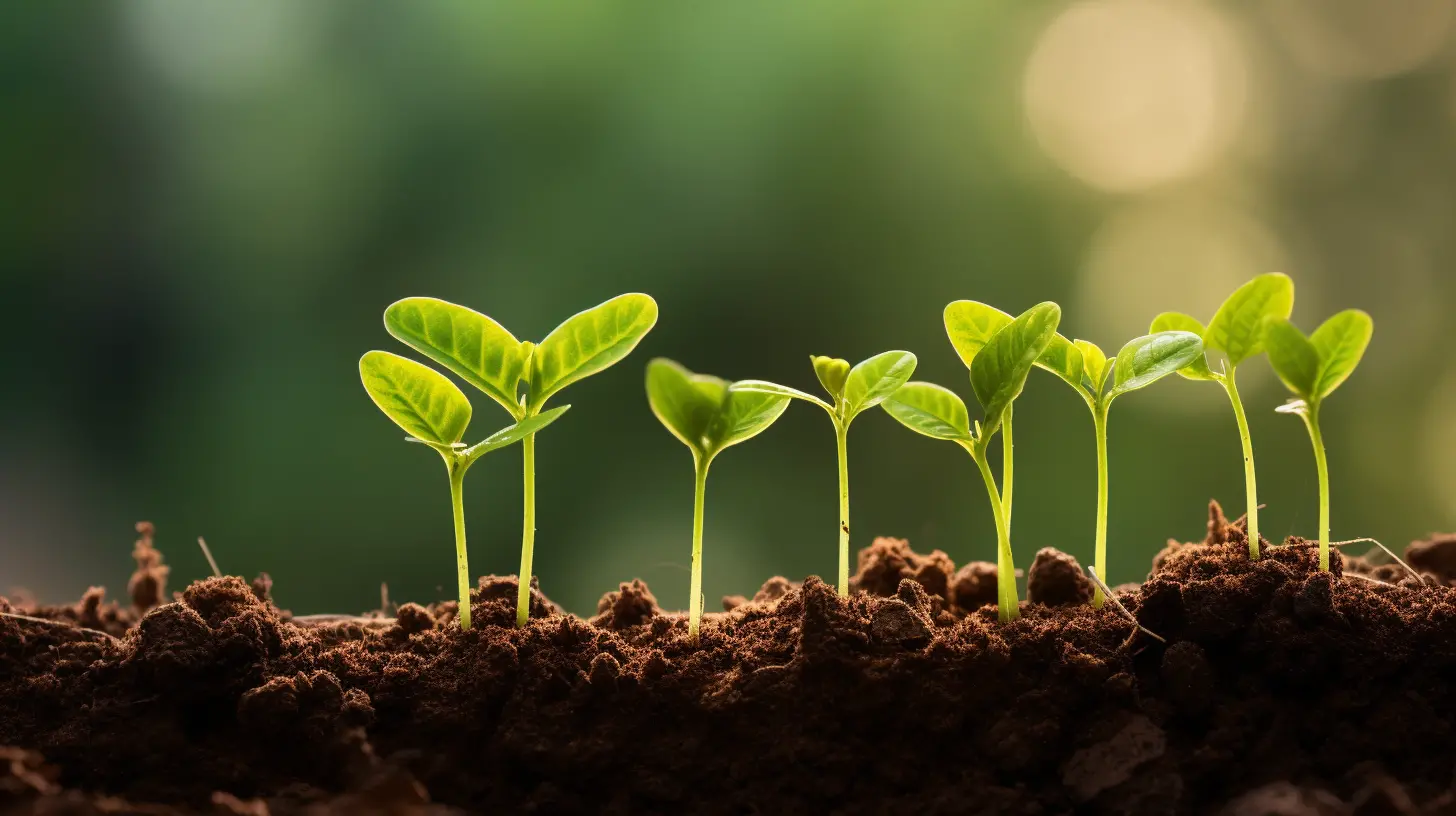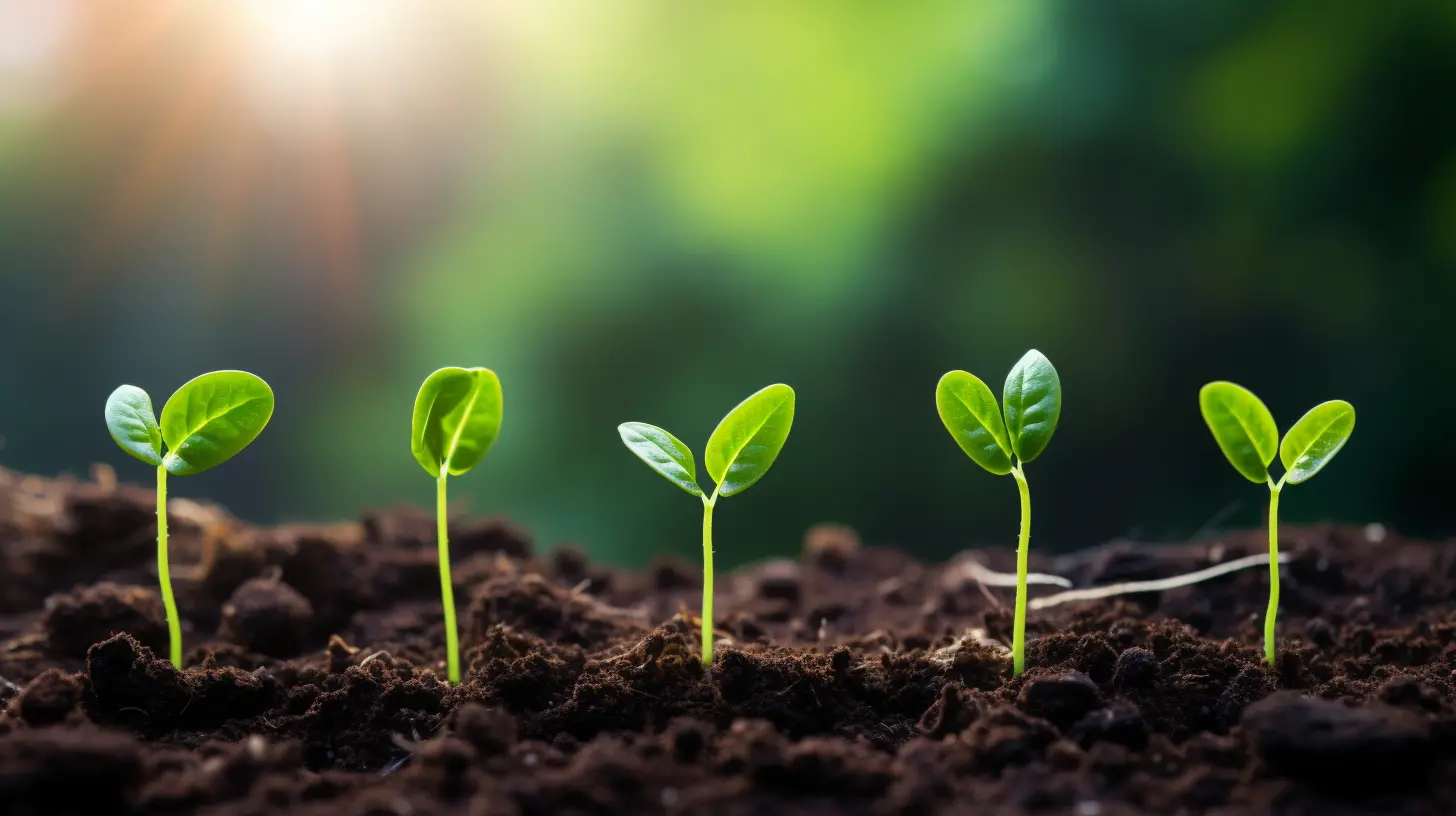
In recent years, low-chloride ion fertilizers have received widespread attention from the agricultural community due to their unique advantages. Its main component is low in chloride ions, which makes it have a significant positive impact on crop growth and soil health during application.
The use of low-chloride ion fertilizers can effectively promote crop growth and improve crop yield and quality. Research shows that compared with traditional fertilizers, the growth rate and quality of crops are significantly improved after the application of low-chloride ion fertilizers, especially in vegetables and grain crops.
The high chloride ions contained in traditional fertilizers are potentially toxic to certain crops and soil microorganisms, while low chloride ion fertilizers can significantly reduce this toxicity and improve the adaptability of crops by reducing the chloride ion concentration.
The use of low-chloride ion fertilizers not only improves crop quality but also improves the physical and biological structure of the soil. It can enhance the microbial activity of the soil and promote the reproduction of beneficial microorganisms in the soil, thus improving the overall health of the soil.
Although low-chloride ion fertilizers have many advantages, how to effectively apply them in different crops and soil types still requires further scientific research and accumulation of practical experience. In practice, farmers should dynamically adjust application strategies based on their own soil characteristics and crop needs.
As a new type of agricultural fertilizer, low-chloride ion fertilizer has the advantages of promoting crop growth and improving soil health, giving it broad application potential in future agricultural production. The agricultural community should strengthen the research and application of this fertilizer to ensure its best effect.


